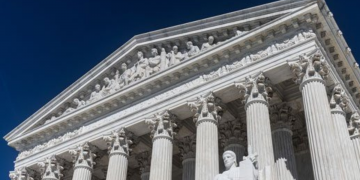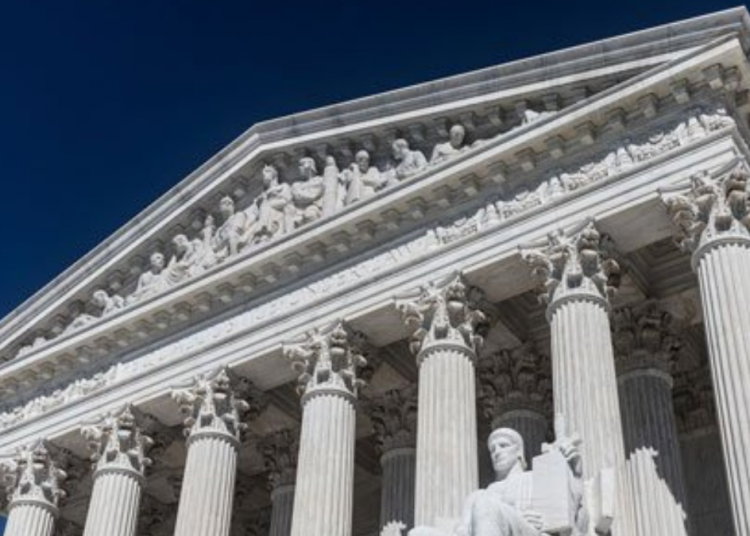The U.S. Supreme Court has scheduled a private conference for November 7 to decide whether to hear a case brought by former Kentucky county clerk Kim Davis, who seeks to overturn Obergefell v. Hodges, the 2015 ruling that recognized same-sex marriage nationwide. Davis’ attorney argues that Obergefell “has no basis in the Constitution” and should be reconsidered.
The petition contends that the 2015 decision created rights not grounded in constitutional text and produced conflicts with state laws and religious conscience. It describes Obergefell as “egregiously wrong” and “deeply damaging,” asserting that the ruling has made it increasingly difficult for people of faith to serve in public office without violating their beliefs.
If the Court decides to revisit the issue and ultimately overturns Obergefell, authority over marriage law would return to the individual states. States could then decide how to define marriage within their own jurisdictions. The petition also suggests that marriages performed under the existing precedent would remain valid.
Kim Davis gained national attention in 2015 after refusing to issue marriage licenses to same-sex couples following the Obergefell decision. She was briefly jailed for contempt of court. Lower courts later rejected her defense under the First Amendment, ruling that her actions as a public official were subject to state law rather than personal belief.
Some members of the Supreme Court have previously questioned the reasoning behind Obergefell, noting concerns about its legal foundation and implications for religious freedom. Others have emphasized the stability of current law and the reliance interests of couples married under it. The Court’s decision on whether to hear Davis’ case could determine whether these long-standing constitutional questions will be reexamined or left settled.




















Discussion about this post